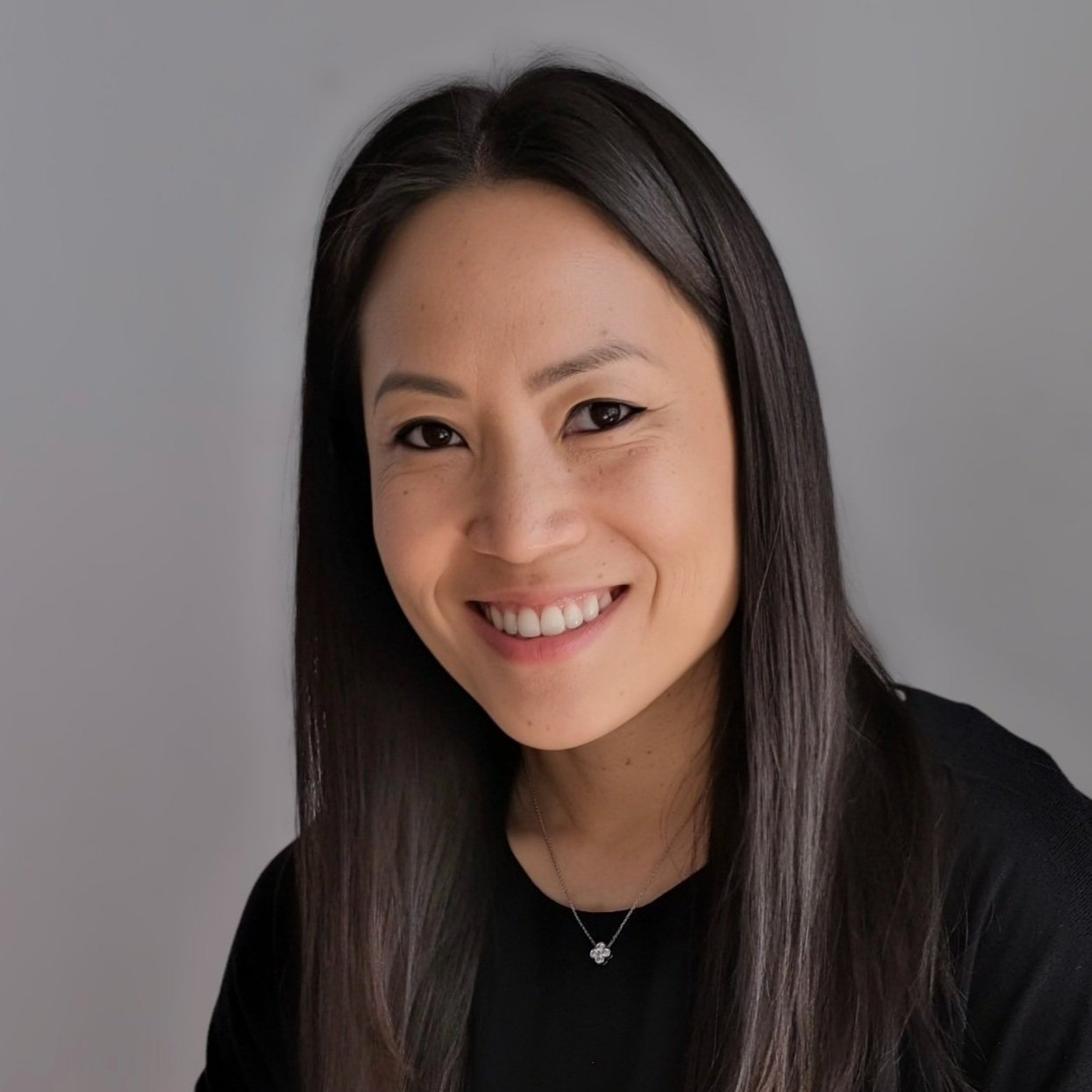What Stops Adult Survivors Who Are from Minority Groups from Disclosing Abuse?
Disclosing that you have been harmed by a church leader can be difficult no matter how old you were when the abuse took place. But new research by a member of the Awake community describes the many barriers that can stop people harmed as adults from disclosing the abuse, particularly if they come from minority cultures or are immigrants to the United States.
Lucy Huh
“There’s so much that’s unknown about the abuse of adults, including the prevalence of adult victims,” explains Lucy Huh, a member of the Awake Survivor Advisory Panel and a doctoral candidate at the Diana R. Garland School of Social Work at Baylor University. “I think there's a lot of this abuse happening that we just don't know about.”
She is working to expand what researchers know about abuse of adults. Huh studies at Baylor with Professor of Social Work David Pooler, who conducted a landmark national study on the abuse of adult women in Protestant churches. Huh theorizes that as in Protestant communities, most adult victims in the Catholic Church are also women. Yet the Theodore McCarrick case highlighted the reality that men can also be victimized, particularly in seminary, by leaders who oversee their future as priests.
“Society has made it very difficult for adult victims to speak out,” Huh says. “There’s a common misconception that these situations involve two consenting adults, overlooking the fact that perpetrators hold positions of enormous power and authority in the victims’ lives.” She notes that in most U.S. states, laws prohibit doctors, therapists, and other helping professionals from having sexual relationships with those they care for, recognizing that the inherent power imbalance creates conditions for manipulation and abuse. Huh argues that clergy members should be subject to similar laws.
“Clergy, in my opinion, have more power than a secular doctor or therapist,” she says. “They have much more power because they’re an intermediary to God. They have so much authority, and that power imbalance is much more immense.”
Huh also describes how power dynamics in minority and immigrant faith communities, including Latino and Asian parishes, can create environments where abuse may flourish unchecked. “Priests have absolute power and unquestioned reverence in a lot of cultures,” she says. “There's often a deep-seated cultural norm against challenging or questioning male religious authority figures.”
Blaming the Victim
Victims who report abuse by church leaders in these communities often face doubt, in part due to myths about sexual assault. “There’s this belief that sexual assault exclusively manifests as violent attacks by strangers in isolated settings,” Huh says. “But research consistently shows that the majority of sexual assaults are committed by people the victim knows, and there’s grooming involved, and it’s very calculated and strategic. It doesn’t look the way a lot of people think.”
Huh also describes how victims from minority communities may face additional blame when reporting abuse because it brings negative attention to their cultural group. “Within minority communities, there often exists an implicit social contract of intra-group protection and solidarity,” she says. "The unspoken expectation that individuals of shared racial or ethnic background will prioritize collective reputation over individual justice can create significant barriers to disclosure."
In her research article, Huh includes the case study of a Black woman, “Jasmine,” who was abused by a pastor in her Baptist church. “When she reported, there was backlash from people within her church saying, ‘Why would you out him like that?’ Instead of being concerned about the harm that she suffered and would continue to suffer, the primary focus was on protecting the community and maintaining racial solidarity.”
Immigrants may have particularly deep relationships with their faith communities, experiencing them as a kind of lifeline, Huh adds. “It’s not just a place where they go to Mass and leave,” she says. “Their entire lives are intertwined in their church. When you’re victimized in that context, there’s too much at stake. I think a lot of people don’t speak out for that reason. They don’t want to lose their community, their business associations, their livelihood. There's so much wrapped up in their church.”
Huh’s article also touches on the need for culturally sensitive resources for minority victim-survivors, including therapists who both come from these communities and understand the Catholic faith.
Setting the Stage for New Research
Huh describes this research article as “preliminary,” a way to outline church abuse topics that need further study. With Pooler, Huh is preparing to launch a new national study of adults who have experienced abuse by church leaders. They plan to survey up to 500 survivors, with an effort to include those abused in Catholic environments. “We’ll have questions specifically related to the Catholic experience,” Huh says.
Previous studies of abuse survivors have focused mainly on white respondents, and Huh hopes to add to this project by conducting in-depth interviews with 12 to 15 survivors from minority backgrounds. “Overall, there’s a huge lack of abuse-of-adults research,” she says, and there’s also a lack of research describing “how somebody’s racial or ethnic background influences not only the abuse occurring, but the aftermath.”
“I hope that this research will help raise awareness that not only is clergy abuse of adults a serious and widespread problem,” Huh says, “but there’s a lot of silent sufferers who aren’t speaking out due to cultural barriers.”
If you are a survivor of clergy abuse as an adult and would like to learn more about the Baylor University study launching this spring, Lucy Huh invites you to contact her at lucy_huh2@baylor.edu.
— Erin O’Donnell, Editor
Awake is a community that strives to be compassionate, survivor-centered, faithful, welcoming, humble, courageous, and hopeful. We thank you for choosing your words with care when commenting, and we reserve the right to remove comments that are inappropriate or hurtful.

